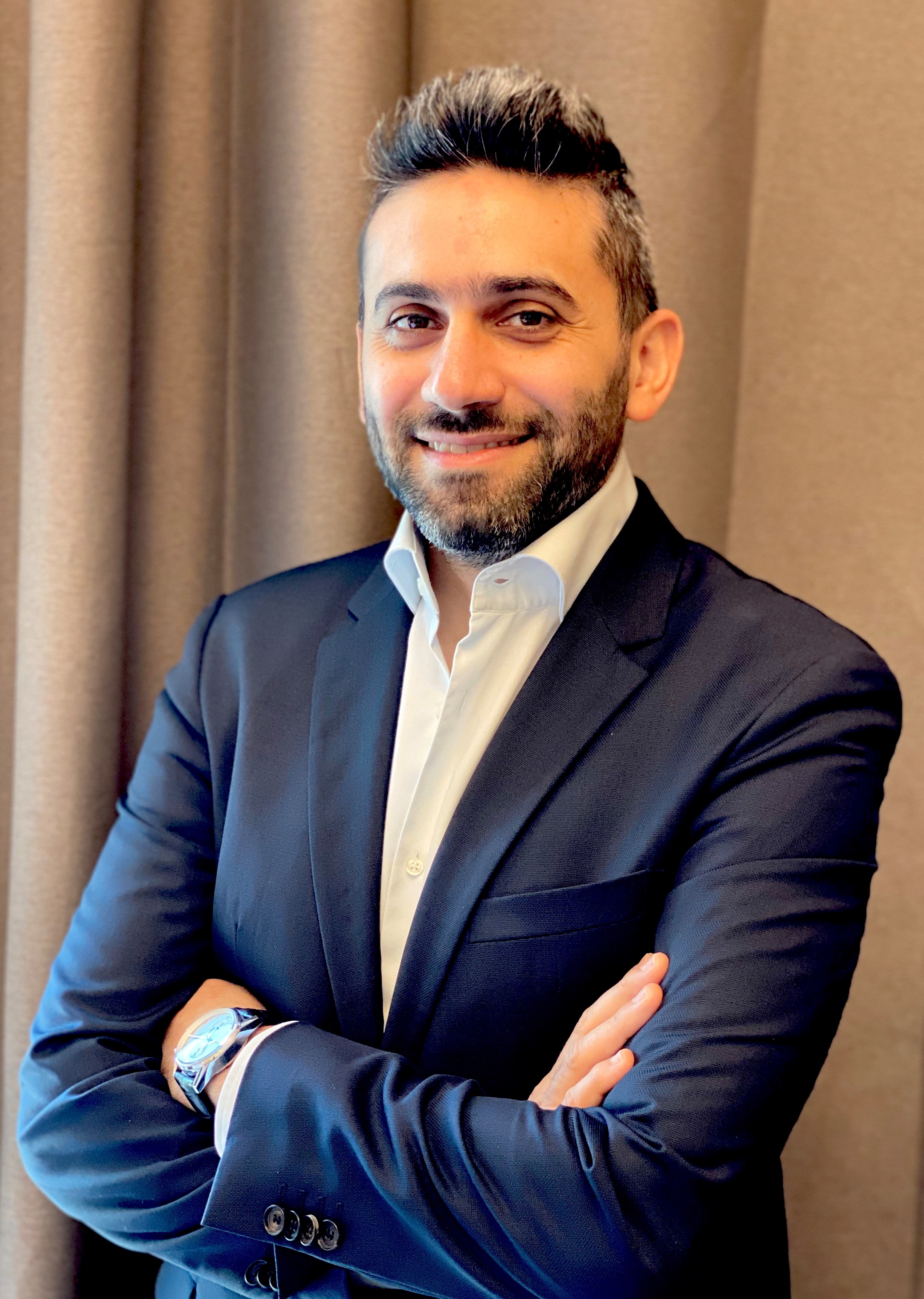In 2020, there was reportedly a 40 per cent drop in patients being diagnosed with cancer globally and this figure highlights the disruption the pandemic has had on cancer care.
To create more awareness around this phenomenon, recently, a campaign called ‘New Normal, Same Cancer’ was launched in the UAE by Friends of Cancer Patients (FoCP) and Emirates Oncology Society, in partnership with AstraZeneca. The campaign saw UAE experts warn of a steady decline in people attending cancer screenings across the country due to fear of visiting medical facilities during the pandemic.
In an interview with Omnia Health Magazine, Peter Raouf, Director of Oncology Business Unit, AstraZeneca GCC, said: “Cancer does not press pause during a pandemic. We are responsible for battling the disease, and our best shot is through early detection and prevention. Our goal is to reach a point where cancer is no longer a life-threatening disease, and where dying from cancer is no longer accepted as the norm. We believe this can be achieved through an emphasis on cancer screenings, and therefore, we must continue to work against the effects of the pandemic and limit the long-term disruption to cancer care.” Excerpts:
Tell us about the ‘New Normal, Same Cancer’ campaign. Why was it launched?
With the pandemic causing significant disruption to cancer care, we felt it was our responsibility to act against this and encourage people not to wait. People across the world are waiting for the pandemic to settle or even pass before getting in touch with their doctor, despite noticing symptoms. We have launched the ‘New Normal, Same Cancer’ campaign in the UAE with the priority to encourage the return to cancer care without delay. We hope that the campaign will play an important role in urging patients to get checked.
How has COVID-19 impacted cancer care?
The pandemic has caused widespread panic and an undeniable concern for one’s health, and this has then been amplified amongst cancer patients – both diagnosed and undiagnosed. Going to visit the doctor has been a daunting experience for many, fearing the risk of catching COVID-19 when just stepping outside.
Furthermore, the impact of COVID-19 on cancer care is a complex issue. Due to travel restrictions and the enormous strain on health systems on fighting the pandemic, cancer services have been disrupted across the globe, significantly delaying diagnosis and treatment, and inevitably impacting the chances of early detection and survival for patients.
What is the current state of cancer care in the GCC and UAE in particular?
As cancer is the third leading cause of death in the UAE with approximately 4,500 cancer cases per year, there has been significant investment by the UAE Government to enhance the quality of cancer care in the UAE. However, cancer still remains a burden for the UAE and GCC in general. For example, according to the World Health Organization (WHO), the number of annual UAE breast cancer cases and lung cancer cases is expected to rise by 184 per cent and 437 per cent by 2040, respectively.

Peter Raouf
What is your long-term outlook for the healthcare sector in the GCC?
Our focus now is for cancer services to return to normal and for the public and those living with cancer to have confidence in cancer services as they work to take necessary precautions to avoid COVID-19 transmission. In the long-term, our focus is, as always, to re-shape cancer care in the GCC and follow the science to understand cancer and all its complexities to discover, develop and deliver life-changing treatments to those who need it most in the GCC.
Are there any other partnerships that AstraZeneca is looking to explore in the GCC?
We truly believe that collaboration is key to success and that having the right partners in place will help us amplify our message to as many people as possible. With many governments across the GCC striving to build robust healthcare ecosystems and elevate cancer care, we are keen to partner with bodies that share the same value as us in putting patients first.
References available on request
This article appears in the latest issue of Omnia Health Magazine. Read the full issue online today, covering femtech, AI, IoT and much more.

